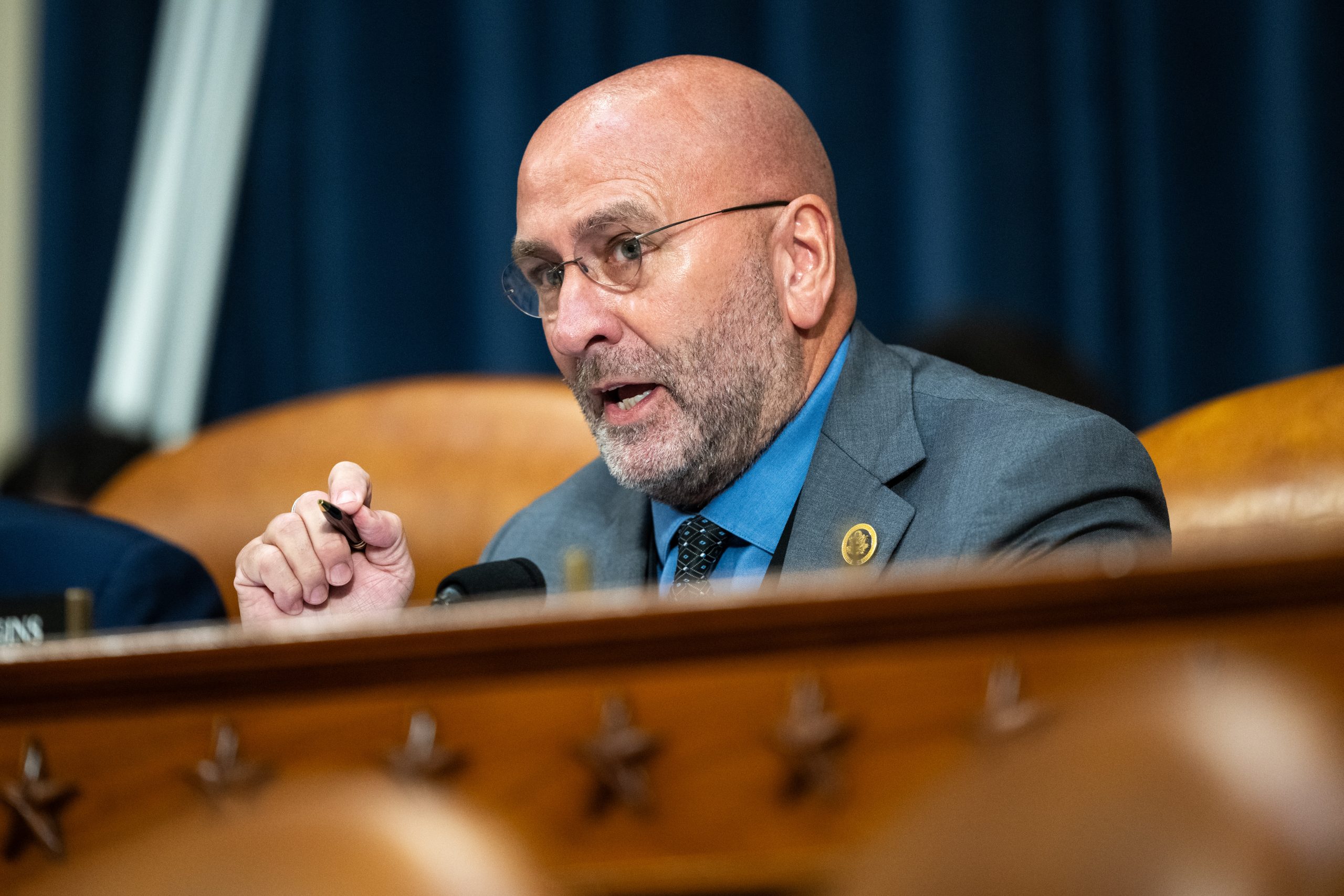Power Play: Pakistan's Bold Strategy to Slash Electricity Prices and Supercharge Industrial Growth
Manufacturing
2025-03-27 05:21:14Content

In a strategic move to bolster its manufacturing sector and boost export competitiveness, Pakistan is set to implement significant electricity price reductions. This initiative comes on the heels of a crucial financial agreement with the International Monetary Fund (IMF), signaling a comprehensive approach to economic revitalization.
The government's plan aims to provide much-needed relief to local manufacturers, who have been grappling with high operational costs. By lowering electricity prices, Pakistan hopes to make its industrial sector more competitive in the global marketplace, potentially stimulating economic growth and increasing export potential.
This decision reflects the country's commitment to economic reforms and its efforts to create a more favorable business environment. The timing of the price reduction, coinciding with the IMF agreement, suggests a coordinated approach to addressing economic challenges and attracting international investment.
Manufacturers are expected to benefit significantly from this move, as reduced electricity costs could help them lower production expenses and improve their overall profitability. The initiative is likely to have a ripple effect across various industries, potentially reinvigorating Pakistan's economic landscape.
Economic Transformation: Pakistan's Strategic Move to Revitalize Manufacturing and Export Potential
In the complex landscape of global economic recovery, Pakistan stands at a critical juncture, preparing to implement bold economic reforms that could potentially reshape its industrial and export trajectory. The nation's latest strategic initiative signals a comprehensive approach to economic revitalization, targeting fundamental challenges that have historically hindered its economic growth and international competitiveness.Powering Progress: A Bold Economic Reinvention Strategy
Electricity Cost Reduction: The Cornerstone of Economic Renewal
Pakistan's government is embarking on an ambitious economic transformation strategy centered on dramatically reducing electricity costs. This groundbreaking initiative represents more than a mere financial adjustment; it's a calculated move designed to inject new life into the nation's manufacturing sector. By strategically lowering energy expenses, policymakers aim to create a more attractive environment for industrial production, potentially triggering a cascade of economic benefits. The proposed electricity cost reduction goes beyond simple price manipulation. It represents a holistic approach to economic restructuring, acknowledging that competitive energy pricing is fundamental to creating a robust, globally competitive manufacturing ecosystem. Manufacturers have long struggled with prohibitively high operational costs, and this targeted intervention could serve as a catalyst for widespread industrial rejuvenation.IMF Collaboration: Unlocking Financial Potential
The timing of this economic strategy is particularly significant, coinciding with a crucial agreement with the International Monetary Fund. This collaboration represents more than a financial transaction; it's a strategic partnership aimed at fundamentally restructuring Pakistan's economic framework. By securing additional financial resources, the government demonstrates its commitment to implementing meaningful, sustainable economic reforms. The IMF agreement provides not just monetary support but also serves as an international validation of Pakistan's economic reform efforts. It signals to global investors and economic stakeholders that the country is serious about creating a more transparent, efficient, and competitive economic environment. This move could potentially attract foreign direct investment and restore confidence in Pakistan's economic potential.Export Enhancement: A Comprehensive Economic Vision
Beyond electricity cost reduction, the strategy encompasses a broader vision of export enhancement. By creating more favorable conditions for manufacturers, Pakistan aims to boost its global economic competitiveness. The initiative recognizes that sustainable economic growth requires a multifaceted approach that addresses structural challenges within the industrial ecosystem. Manufacturers will benefit from reduced operational costs, potentially enabling them to develop more competitive pricing strategies in international markets. This could lead to increased export volumes, improved product quality, and enhanced global market positioning. The strategy represents a nuanced understanding that economic transformation requires simultaneous interventions across multiple sectors.Structural Economic Reforms: A Holistic Approach
The current economic strategy reflects a sophisticated understanding of complex economic dynamics. It's not merely about reducing costs but about creating a comprehensive framework that supports long-term economic resilience. By addressing fundamental challenges in energy pricing and manufacturing competitiveness, Pakistan is positioning itself as a forward-thinking economic actor. This approach demonstrates a commitment to sustainable development, recognizing that true economic progress requires strategic, interconnected interventions. The electricity cost reduction is just one component of a broader vision that seeks to reimagine Pakistan's economic potential, creating opportunities for growth, innovation, and international collaboration.RELATED NEWS
Manufacturing

Trade Tensions Shake: India's Tech Factories Brace for Trump's Tariff Tremors
2025-03-16 00:31:00
Manufacturing

Manufacturing Magic: CADDi Scores $38M to Untangle the Parts Puzzle
2025-03-27 09:00:00
Manufacturing

Silicon Revolution: ST Unveils Mega Fab Upgrade, Promises Hundreds of Millions in Cost Cuts
2025-04-10 12:00:00





